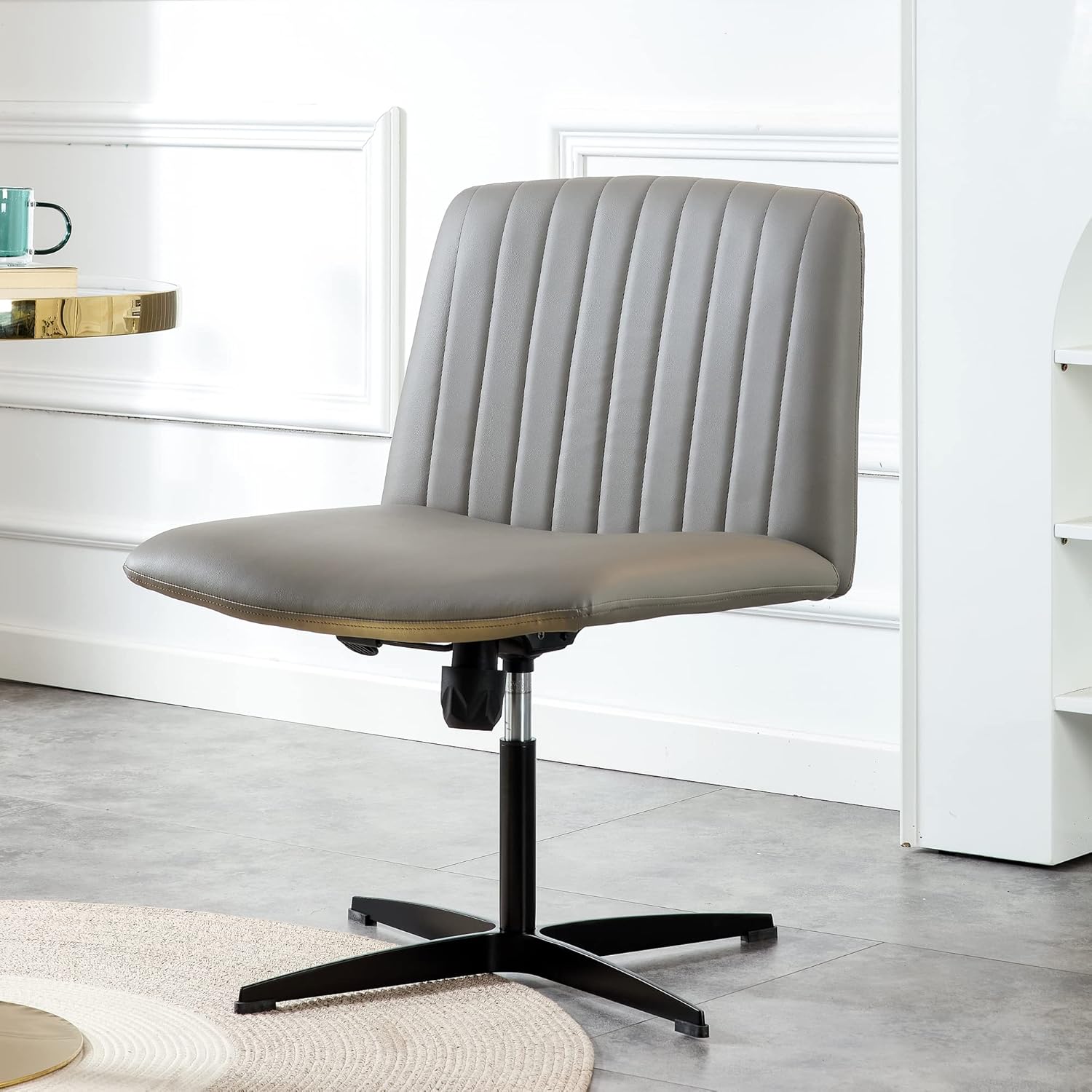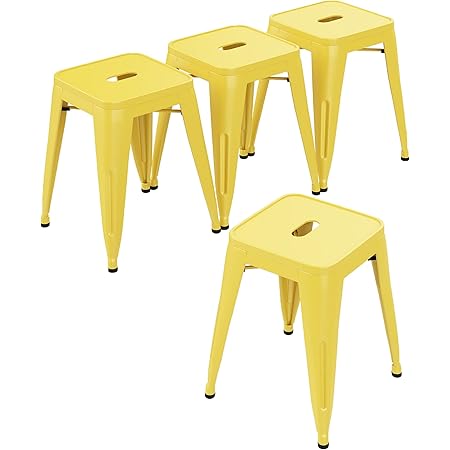In the modern workplace, comfort and ergonomics are paramount for enhancing productivity and well-being. However, one size does not fit all when it comes to office furniture, particularly task chairs. For individuals of shorter stature, traditional office chairs can present a myriad of challenges, from discomfort to long-term health issues. This article explores the importance of selecting the right task chairs for shorter individuals, the features that make them ideal, and some recommended products to consider.
The Need for Tailored Ergonomics

The significance of ergonomic design cannot be overstated. A well-designed chair not only supports the body but also promotes healthier posture and reduces the risk of musculoskeletal disorders. For shorter individuals, standard office chairs often fall short in providing adequate support, which can lead to discomfort and decreased productivity.
Statistics on Height and Comfort

According to a study published in the *International Journal of Occupational Safety and Ergonomics*, nearly 70% of office workers experience discomfort due to poorly designed workstations. Furthermore, research by the National Institute for Occupational Safety and Health (NIOSH) indicates that workers who are dissatisfied with their office ergonomics are 25% less productive than their counterparts who are comfortable.
Given that the average height of women in the U.S. is about 5’4″ and for men, it’s around 5’9″, it’s evident that many task chairs do not cater to those on the shorter end of the spectrum. This article will delve into the specific features that can enhance comfort for shorter individuals and present a selection of chairs that meet these needs.
Essential Features of Task Chairs for Shorter Individuals
When selecting a task chair for individuals of shorter stature, there are specific features that should be prioritized to ensure maximum comfort and support:
- Adjustable Seat Height: A chair with a lower minimum seat height is essential for shorter individuals, allowing their feet to rest flat on the ground.
- Seat Depth Adjustment: The ability to adjust the seat depth ensures that the individual is seated at a comfortable distance from the backrest while allowing for proper leg support.
- Backrest Height Adjustment: A backrest that can be adjusted in height will provide lumbar support at the appropriate level for shorter individuals.
- Armrest Adjustability: Adjustable armrests help in maintaining proper shoulder alignment and preventing strain.
- Swivel Base: A chair that swivels allows for easy mobility and access to different parts of the workspace without straining.
- Quality Material: Breathable fabrics and adequate cushioning can enhance comfort and reduce fatigue during long hours of sitting.
Recommended Task Chairs for Shorter Statures
With the essential features in mind, here are some recommended task chairs that cater specifically to shorter individuals:
1. Herman Miller Aeron Chair (Size A)

The Herman Miller Aeron Chair is renowned for its ergonomic design and customizable features. The Size A variant is ideal for shorter individuals, offering a minimum seat height of 14.75 inches. Its adjustable lumbar support and breathable mesh material enhance comfort during extended use.
2. Steelcase Leap Chair

The Steelcase Leap Chair is highly rated for its adaptability. With a seat height range of 15 to 20.5 inches, it accommodates shorter statures well. Its unique LiveBack technology allows the chair to mimic the natural movement of the spine, providing optimal support.
3. HON Ignition 2.0 Chair

The HON Ignition 2.0 offers customizable features, including seat height, depth adjustment, and adjustable lumbar support. With a minimum seat height of 16 inches, it’s a great option for shorter individuals seeking an affordable ergonomic chair.
4. Autonomous ErgoChair Pro
This chair boasts a minimum seat height of 16 inches and is designed with multiple adjustment points to cater to individual preferences. Its mesh back promotes airflow, making it suitable for long work hours.
5. Flash Furniture Mid-Back Mesh Chair

The Flash Furniture Mid-Back Mesh Chair is an economical option that features a minimum seat height of 15.5 inches. It’s lightweight and easy to maneuver, making it a practical choice for shorter users.
Case Studies: Real-Life Impact of Proper Seating
Numerous case studies illustrate the benefits of ergonomic seating for shorter individuals. One such study conducted at a major tech firm found that implementing adjustable chairs for employees of shorter stature resulted in a 30% reduction in reported discomfort levels. Employees also reported a 20% increase in productivity, attributing this improvement to enhanced comfort and reduced fatigue.
Another example comes from a healthcare facility that invested in ergonomic chairs tailored for shorter staff members. The result was a significant decrease in absenteeism due to musculoskeletal disorders, which saved the organization both time and money.
Creating an Ergonomic Workspace
Choosing the right chair is just one part of creating an ergonomic workspace. Other factors to consider include:
- Desk Height: Ensure that the desk height allows for elbows to rest comfortably at a 90-degree angle while typing.
- Monitor Position: The top of the monitor should be at or just below eye level to reduce neck strain.
- Footrests: For individuals who cannot adjust their desk height, a footrest can help achieve proper foot positioning.
Conclusion: Prioritizing Comfort for Productivity
In conclusion, selecting a task chair specifically designed for shorter individuals is crucial for enhancing workplace comfort and productivity. The right chair not only provides proper support but also fosters a healthier work environment that can lead to increased job satisfaction and reduced absenteeism. By focusing on adjustable features and ergonomic design, employers can create a more inclusive and efficient workspace.
The growing recognition of the importance of tailored ergonomic solutions signifies a shift towards more equitable work environments. Investing in the right task chairs for shorter statures is not merely a matter of comfort; it is a strategic move that can yield significant returns in productivity and employee well-being.


